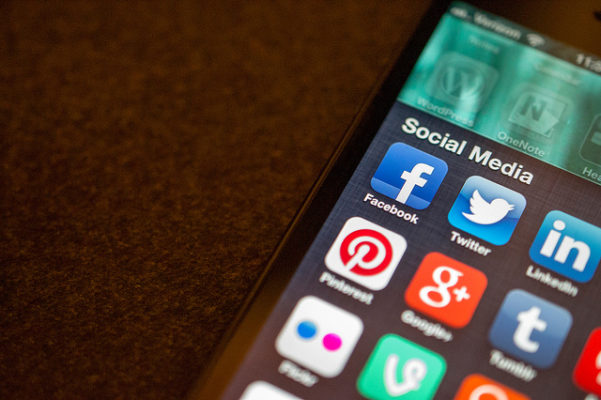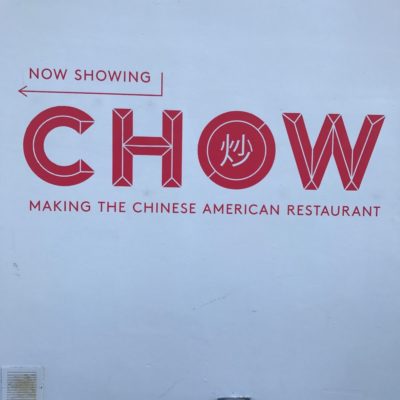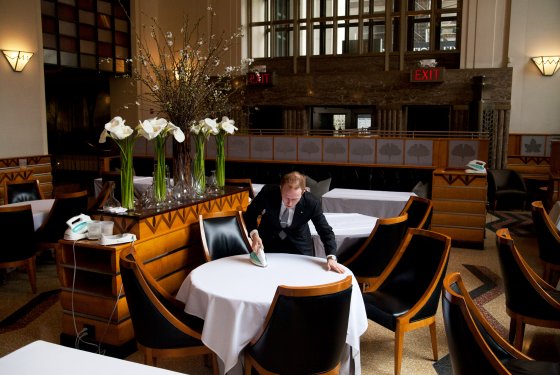Last updated on November 3rd, 2021 at 03:27 am
I love crunchy, tactical how-to articles. We know we SHOULD:
- Network more
- Ask for a raise
- Build our brand
Fine… show me “how” to do it. (It’s no wonder I’ve spent 3 years working with Ramit Sethi, who is one of the masters of teaching people the “how.”)
So when Gary Vaynerchuk walked through how to do business development on Instagram, I broke down the examples (“the how”) and the principles (“the why”).
Then I posted it below. (You can listen to the whole audio here.)
Here we go:
How to Biz Dev Through Instagram Direct Message
Example 1 – Plumbers
Let’s say you want to sell websites to plumbers. You go right up here. You hit send message.
And then here is the key, the key here is to jab, jab, jab, right hook.
[blockquote]
Love what you’re doing.
Would love to be able to bring you some value are you doing anything around marketing?
Let me know.
Have a great day.
XOXO, heart.
[/blockquote]
Send.
Theory 1 – Hand-to-hand combat
Here’s the key.
What I just did is something that I’ve been doing for years.
Back in 2006 and 7, Twitter, I would do that except I would reply publicly ’cause it was a different platform–different cadences–different acceptable social norms.
The thing that blows me away is how many of you are so hungry.
How many of you are asking for how do you do things and the reality is it’s very simple. It’s hand to hand combat. It’s business development. It’s handing out virtual business cards, but the reality is so many of you don’t want to do it, cause it’s hard.
What I just did if you’re hungry–if you want to win–you have to do for 5, 6, 7, 8, 9, hours a day.
Example 2 – Fitness
Ok, the fitness hashtag. You know only 168 million. Breaks it into top posts and most recent .
So, you go to a top post. He’s go 546 thousand people right. I see he’s a musician and he’s a band–but let’s say–and he’s in Cairo.
Let’s just say for whatever reason I want to do product placement and I have a new shake or energy drink or hoodies.
Or for example, this is what everybody should be doing with me if they want me to wear their sneakers or their beanies–I wear beanies; I wear hoodies; I wear sneakers.
I would hit this person up–I would hit them up and say:
[blockquote]
Zap, love what you do.
Would love to connect.
Or, would love to send you my favorite wines if I was in the wine business.
Or, would love to make 3 to 4 videos for your Instagram account on me.
Or, would love to send your friends some beef jerky.
[/blockquote]
Theory 2 – “I would like to give you”
And that’s the key, it’s “or” and “I would like to give you.”
What I get all day is–Gary can you give me a shout out on my account? Gary can you make me famous? Gary can you do this? Gary can you do that?
I’ve got the leverage not you. If you’re asking, you don’t have the leverage. So, anytime I’m hitting somebody up regardless of whether I’m bigger or smaller than them –I’m asking. So, I’m trying to give them love. Right?
That’s the key. People don’t give love. When we’re hitting up other artists–both hip hop–what have you–we’re trying to give them love. Hey we’d love to give you exposure. Would you like to give us the opportunity. Everybody is trying to — like last night, I hit up a couple of people that followed me that are really really big and they both replied to me.
The key is providing other people more value. I just don’t see people doing it. It blows me away and it is absolutely going down on Instagram DM. The key is do you know how to jab, jab, jab, right hook on Instagram DM.
Search hashtags, click them. Look at the account then see how you can bring them value. DM them. Go in soft. Bring value. Rinse and repeat–two, three, four, five thousand times.
Theory 3 – Biz dev is a pillar of success
Business development, it’s one of the pillars of my success.
The reason I’m good at business development is I try to bring more value to the other person first. It’s always gonna be the same thing. Fifty years of content–it’s going to say the same thing. Provide the other person with more value. Right? More value than they give you.
If someone has a million followers and you want them to give a shout out to your work, you stuff, you need to overwhelm them with value first.
Example 3 – Hip hop
So, let’s say you do, let’s say you love hip hop –let’s say and let’s say you love Chance the rapper, right?
So, you go to Chance the rapper. The guy’s got 2.9 million followers. He’s getting hit up a million times a day. When you send him a thing:
[blockquote]
Chance I make videos.
I’ll make you the best Instagram videos for free for an entire year.
Your account will go to 7 million let alone 2.9.
I won’t bother you. I’ll just work. I’ll need access at times but you control that. Let me know.
Look at my work on my Insta.
Much love.
[/blockquote]
Over and over and over.
Gotta make sure your Instagram account is on point. If you got that, if he or one of his boys actually look at it or somebody’s who’s controlling the account, they need to see those videos and think they’re fire. That’s the key, but you go over and over.
Man you should do this 15 times a day 24 times a day.
Example 4 – Manny the Barber
So, the thing Manny should do is go upper east side, right, so he’s going by location and so he sees top posts right.
Well this looks like an account. I guess this is a blogger. I’m trying to see–it looks like she’s just visiting and keep looking, right. Keep looking at most recent.
Keep looking–good-it looks like this guy took a picture–a selfie on the upper east side. Comes here–he’s got 41 thousand followers–he looks like a model.
So, Manny should go here: Send message.
[blockquote]
Hey G.
Thrilled to give you five free haircuts over the next six months.
Let me know if you’re interested.
[/blockquote]
This is what Manny should do to get–Manny sits here on Tuesday from 2:30 to 3:30 while he’s waiting for a client and he sits on his fucking ass.
And instead, what he should be doing — he should be going into Instagram searching the upper east side and DMing people 20, 30, 40 times a day offering free haircuts, cause he just started his business.
He needs exposure. He shouldn’t even ask that model that has 46 thousand followers to make a–he shouldn’t even say in the first contact–Hey, I’ll give you a free haircut–you give me a shout out. Because then that person knows that he’s just doing it for that.
It’s jab, jab, jab, without the right hook.
He should just say, I like your Instagram account; I just opened my barber shop; I’d like to give you six free haircuts or two or whatever you know–I don’t know how busy Manny is right now.
Over the next three months guy comes –even if he never asks–I went to Manny for two years–he never asked me then I took the picture on the Snapchat that and you build a relationship.
Theory 4 – Hustling on Instagram DM is the 2017 Opportunity
When doing the right thing you always do the right thing, but to me it’s — I think about it like sawdust. If you’ve got down time, why not business develop.
The fact that you can business develop through this thing now is insane and if you offer something in return, three out of 30 people will take you up on it. He may not but the next person might and then you business develop and business develop and things start happening.
Hustling 24/7 on the Instagram DM; it is the 2017 opportunity.
My Takeaways
- Don’t be romantic about the medium. Hand-to-hand combat used to work on email. As Hiten Shah points out, it used to work on Twitter, too. Now the attention is on Instagram, Snapchat
- Do things that don’t scale. People who I admire who are great at this: Ramit Sethi (reads all his email and responds to a crazy amount), Sumeet Sahni (replies to every comment on Instagram and Snapchat), and of course, Gary Vaynerchuk
- Offline ← → Online. Start thinking how each works with the other, and where the intersections lie.
(Looking for more? Here are my notes from Gary’s interview about the Advertising Industry.)
Photo Credit: MaxDeVa











